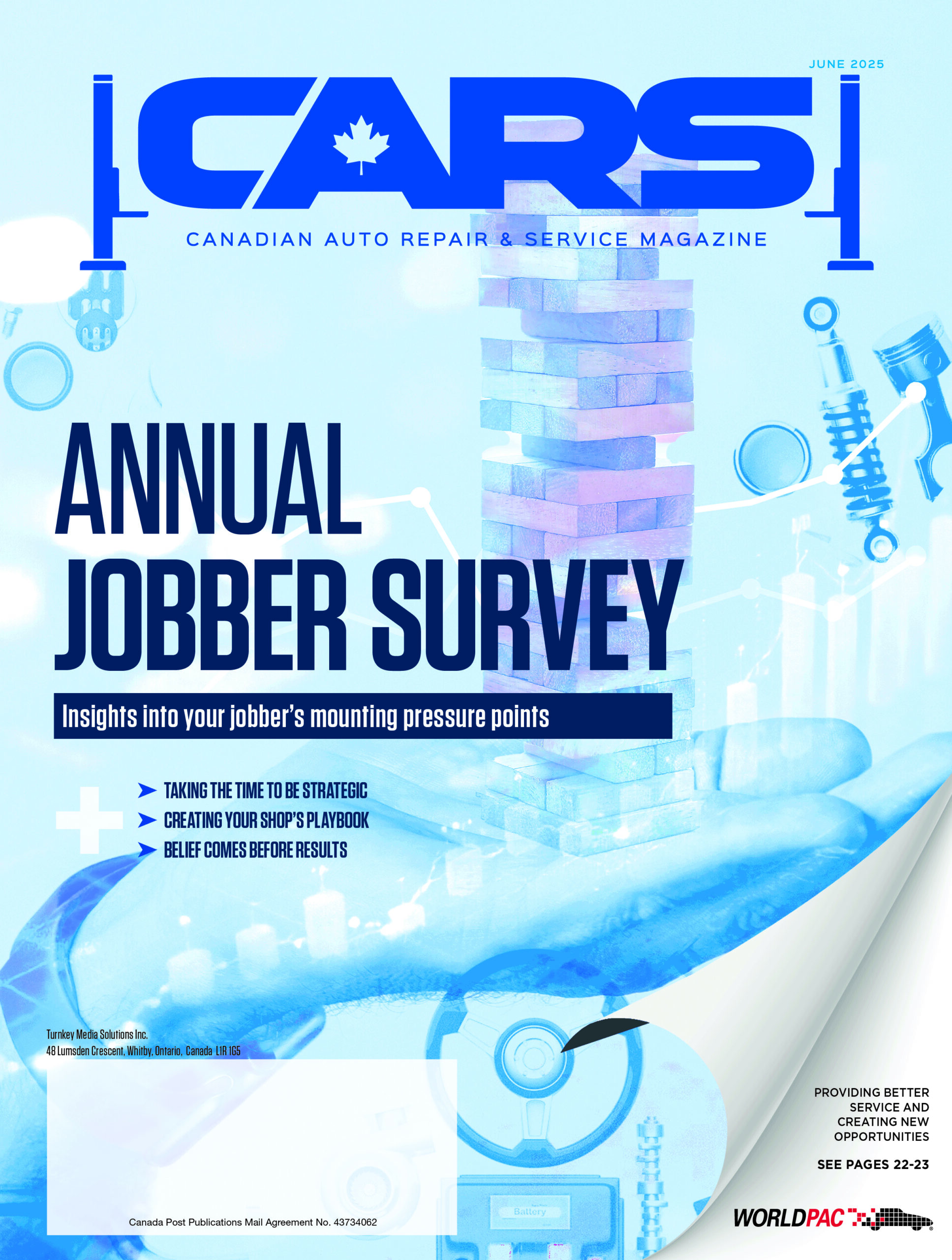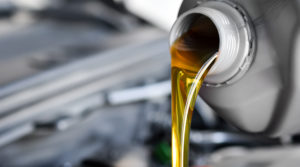
Research in the United Kingdom shows how car maintenance search queries have increased significantly since lockdown restrictions began.
Using Google search trend data, U.K. car rental company AMT found that web searches on how to tackle issues with car brakes, batteries, and tires have grown substantially since the coronavirus outbreak.
It also found a stark increase in searches for information on the repercussions of drivers working from home. As lockdown restrictions begin to ease and people are looking to go back to work, queries for ‘not using car’ increased by a staggering 87%.
Searches for seized brakes have risen by 90.9% since February, while ‘flat battery’ inquiries have risen by 56.4%, and ‘tire pumps’ increased by 55.6%.
Searches for ‘not using car’ have increased by 85.7% since February, while ‘storing car’ and ‘long term car storage’ terms have risen by 81.8% and 40%.
Most drivers are looking to combat seized brakes with searches up by 90.9%, while queries for a 12V car starter have risen by 75%. It seems that car batteries are a prevalent problem for drivers, with searches for ‘flat battery’ (62.9%), ‘car battery’ (46.9%) and ‘jump leads’ (25.6%) also up.
According to AMT, the findings also imply that Brits are having to shell out on new components to restore their car to a good condition, as queries for ‘new car battery’ and ‘car battery online’ have increased by 21.9% and 21.7% respectively.
“These increased queries around car maintenance should serve as a reminder for all drivers to ensure that their vehicles remain roadworthy, in order to make the transition to commuting as seamless as possible when the time comes,” said AMT’s general manager Ian Wright.
“Not taking measures to maintain battery health and tire condition could lead to garages being overwhelmed as the lockdown eases, and may force drivers to resort to public transport to get to work – against government advice. It’s therefore far preferable for drivers to follow simple car maintenance procedures in order to keep things running smoothly.”
You can read more about this study HERE.












Leave a Reply